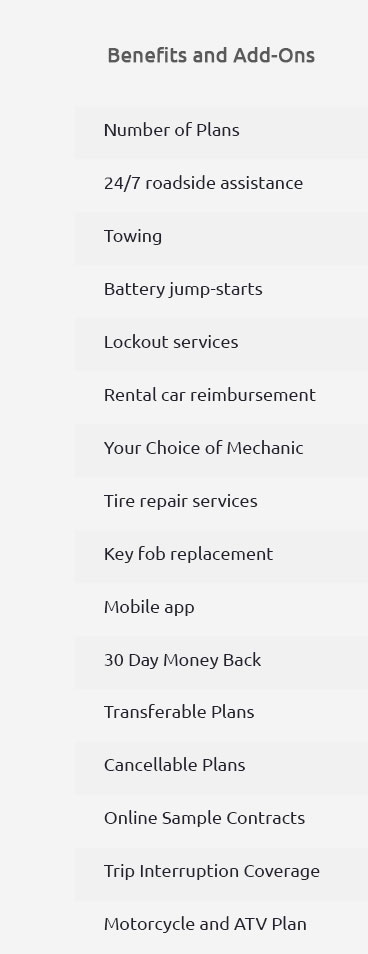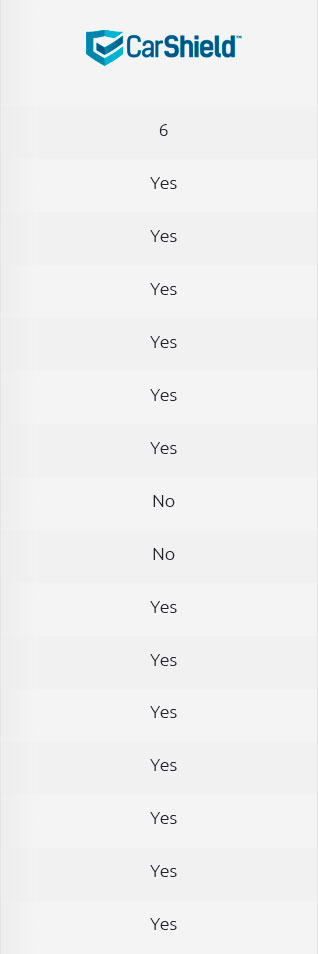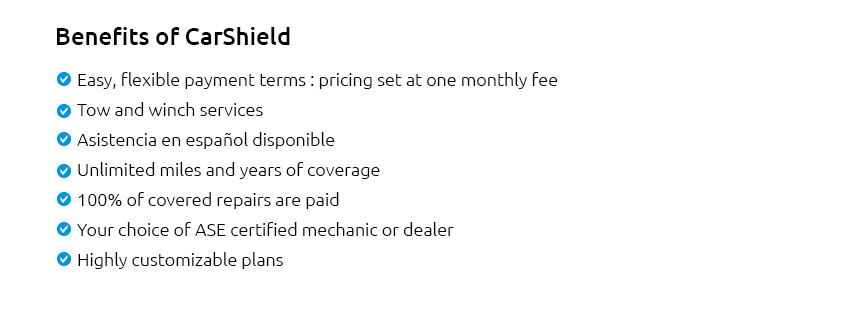 |
 |
 |
 |
 |
|||
 |
|||
 |
 |
 |
|
 |
|||
 |
|
 |
|
 |
|
 |
|
 |
|
 |
|
 |
|
 |
|

Vehicle One Warranty Coverage: A Comprehensive Guide for U.S. ConsumersExploring the realm of vehicle warranties can be daunting, but understanding the essentials of Vehicle One Warranty Coverage can bring peace of mind and significant cost savings. For U.S. consumers, having a solid understanding of what's covered can mean the difference between unexpected repair costs and a smooth ride. Why Consider Vehicle One Warranty Coverage?Owning a vehicle in the U.S., especially in bustling cities like Los Angeles or New York, means frequent travel and potential wear and tear. A vehicle warranty can offer:
Key Aspects of CoverageComponents Often CoveredMost Vehicle One Warranty Coverage plans typically include:
What's Not Covered?While coverage is comprehensive, it's important to know what might not be included:
Extended Warranty OptionsFor those seeking additional protection beyond the standard warranty, vehicle parts insurance can provide further coverage, especially for parts prone to wear. Making the Right ChoiceChoosing the right coverage depends on your driving habits, the age of your vehicle, and where you reside. For instance, someone driving in Miami might prioritize coverage for air conditioning systems more than someone in Seattle. FAQsWhat is the average cost of Vehicle One Warranty Coverage in the U.S.?The cost can vary significantly depending on the vehicle make and model, but U.S. consumers typically see prices ranging from $350 to $1,000 annually. Is it worth purchasing an extended warranty?If you plan to keep your vehicle for many years, an extended warranty can be a smart investment to protect against unexpected repair costs. Consider options such as an automotive repair warranty for added security. Can I transfer my warranty if I sell my vehicle?Yes, many warranties are transferable, which can enhance the resale value of your car. Be sure to check the specific terms of your policy. Understanding Vehicle One Warranty Coverage is crucial for making informed decisions. Whether you're in Chicago, Los Angeles, or anywhere in between, ensure you're covered for the road ahead. https://alphawarranty.com/products/vsc/standard/priority-one/fuel-system
This exclusionary coverage product covers nearly every part on the vehicle, including EV and hybrid vehicles, except for a few parts listed in the contract. https://www.reddit.com/r/MechanicAdvice/comments/rvj97c/can_i_get_warranty_work_done_from_another/
I have in issue with a vehicle acquired a few years ago, and according to the warranty booklet found online, I could get the issue resolved under warranty. https://www.ally.com/resources/pdf/vehicleone/sample-vehicleone-customer-agreement-v1.pdf
I. WHEN THE RESPONSIBILITY FOR A REPAIR IS COVERED BY AN INSURANCE POLICY, OR ANOTHER VEHICLE. SERVICE CONTRACT, OR A REPAIRER'S GUARANTEE/WARRANTY, ...
|